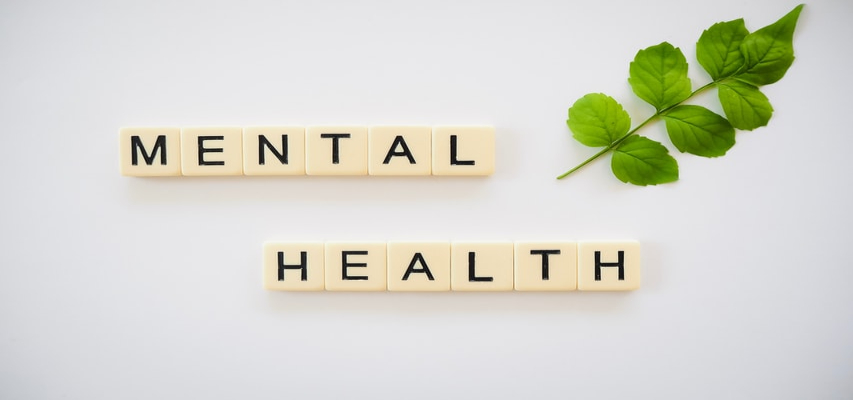
Nondisclosure and Concealment of Mental Health
The past few decades have seen a huge growth in public awareness regarding mental health disorders, but until relatively recently, many such conditions were widely overlooked by the general population. Though medical professionals are now better equipped to detect such conditions, a historical lack of diagnosis paired with the societal stigma of mental illness most likely means that those affected were frequently either unaware of their condition or were keen to hide it.
Families too would often resist attempts at diagnosis or would cover-up and downplay any signs of mental illness displayed by their relatives, more urgently so for those with specific cultural and social backgrounds who regard mental illness as a more defined taboo. In my experience, this has been the case for a lot of people, and siblings have had to make provisions for these scenarios just as much as parents.
To most caregivers and parents, love for their children drives both their need to support them, as well as their fear of the consequences if they fail in that task.
Finding out that your child has a mental disorder can feel like a personal, parental failure and seeing them sectioned can then seem akin to incarceration. If they can help it, parents will therefore go to drastic lengths and endure difficult behaviour to protect their family and support them without having to draw on external assistance. The disorder is thus sometimes kept quiet purely as a means of managing it.
This arrangement may become normal and indeed preferable to many families, but as and when the parents start to lose capacity and control, the situation becomes untenable and the dependent child can sometimes exploit these conditions where before they could not.
In some cases, they might persuade their parents to have them appointed as their carer or indeed nominate themselves to be given lasting power of attorney. At this point, the situation poses a threat to the health of both the parents and the child, as neither party is sufficiently equipped to care for the other.
If any relatives or friends do wish to intervene and provide supplementary or alternative care to either the parents or the child, it is very difficult to effect any action or obtain any medical information pertinent to the case; this is a result of stringent confidentiality legislation.
In other cases, stigma regarding mental health persists; many cultures around the world remain intolerant or unaware of the facts regarding mental health. Even in Britain, there is still a fair amount of fear and hatred directed toward those with more serious and more visible mental illnesses.
For some people, there is almost a need to conceal the full extent of their conditions for their own personal safety and happiness.
That said, just as with serious physical ailments, mental health conditions and illnesses can occasionally be a danger not only to the person with the disorder but to those around them. Though fear and hatred are irrational and unhelpful responses to such cases, it is fair for concern to be raised.
Under the current system, individuals with mental health disorders are not obliged to disclose to anyone their psychiatric history, nor should they be.
However, if a loved one is concerned that such an individual may be exhibiting symptoms of relapse or episodic behaviour and the individual refuses to communicate their history of mental health, the loved one would currently be unable to obtain any such information from the NHS due to patient confidentiality and now also data protection procedures.
Things need to change.
Please take a moment to sign the petition by our founder, Cheryl Carter.
Please sign our petition here to allow communication with doctors about the health of our loved ones. It’s horrible being left out with no way of helping members of our family. We need to be able to talk to the professionals who are influencing our family. Let’s change this.
Please sign this petition today. Here’s the link to our page on this website to sign the petition.
Thank you in advance.
Need help with your family situation?
Contact Us today. We are here to help you.
